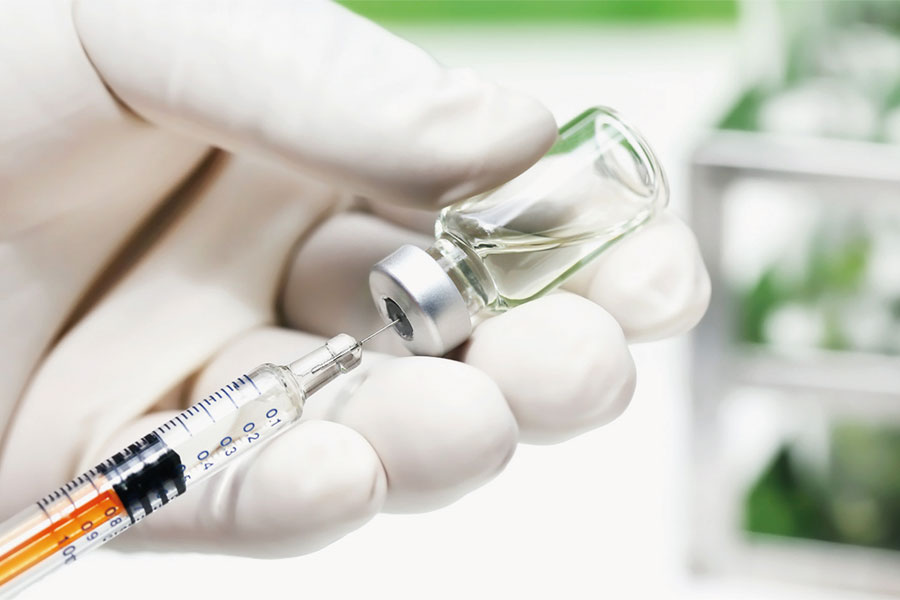Representatives of the research-funding agencies, the EU Commission and the WHO are meeting researchers in Berlin on 19 and 20 October. Their goal is to respond to future pandemics more quickly and with an internationally coordinated approach.

When a pandemic looms, health research has to respond rapidly to new challenges. An alliance of research-funding organisations including the BMBF want to improve the underlying conditions for this response.
bdspn/iStock
The SARS-CoV-2 pandemic showed that an effective response to infectious diseases that have the potential to cause an epidemic or pandemic requires speedy and globally coordinated research efforts. This can be achieved by bringing together different kinds of scientific expertise and coordinating projects internationally, thus enabling the efficient use of global research resources. Better preparing science and research for these challenges in future is the objective of the Global Research Collaboration for Infectious Disease Preparedness, also known as GloPID-R. The BMBF has been a member of this alliance that is by now made up of 33 research-funding organisations from 25 countries from the outset.
The BMBF will be hosting the General Assembly of the Members of on 19 and 20 October. Research funding organisations, representatives from the EU Commission, the WHO and key global health initiatives will meet with researchers in Berlin. They will discuss how infection research will have to work on an international level to be able to respond quickly to pandemic outbreaks and which lessons can be learned when it comes to being better prepared for further outbreaks of similar pathogens. With its work, GloPID-R is fulfilling an important and previously unmet need in international research funding.
Coordinating clinical trials globally – including the One Health approach
Which research funding tools should be used jointly across the globe in the case of a pandemic? How can future clinical trials be initiated more quickly, better coordinated and carried out internationally? What role do humans, animals and the environment play in pandemic preparedness and response, in terms of a One Health approach? In working groups set up by GloPID-R, experts are working together to develop corresponding strategies. Their results could, for example, help to establish networks and platforms for clinical trials which are urgently needed during epidemics and pandemics. They could also help to make research infrastructures more efficient.
During future pandemics, GloPID-R should collect all relevant information about funding measures offered by its members and other research funding organisations. Research-funding agencies would then be better equipped to coordinate their activities on an international level, combine forces and tap into synergies. That is why the Pact for Pandemic Readiness approved during the G7 consultations in 2022 refers to GloPID-R as an initiative for improved pandemic management. Stakeholders will discuss how GloPID-R can best fulfil this role at the meeting at the BMBF today.